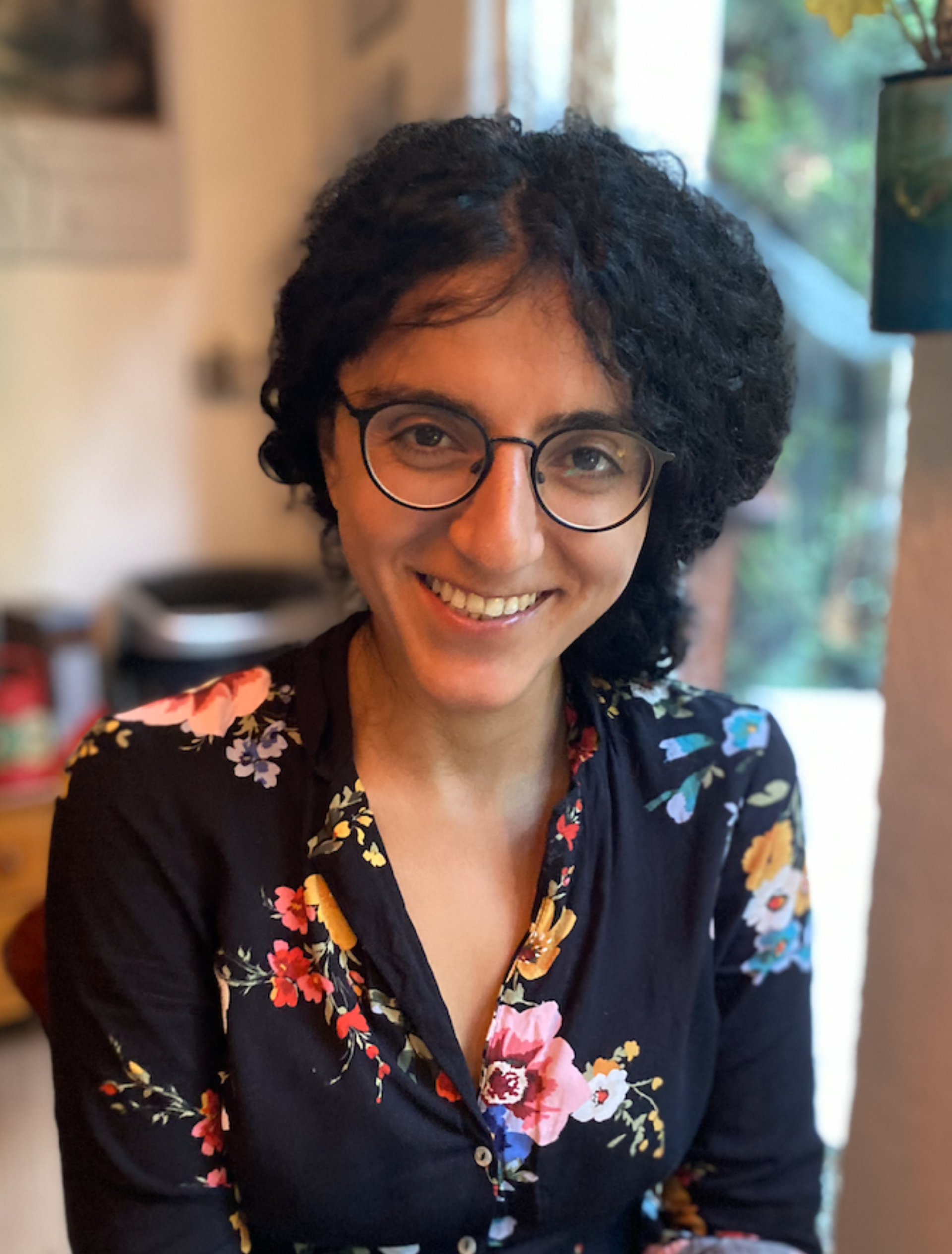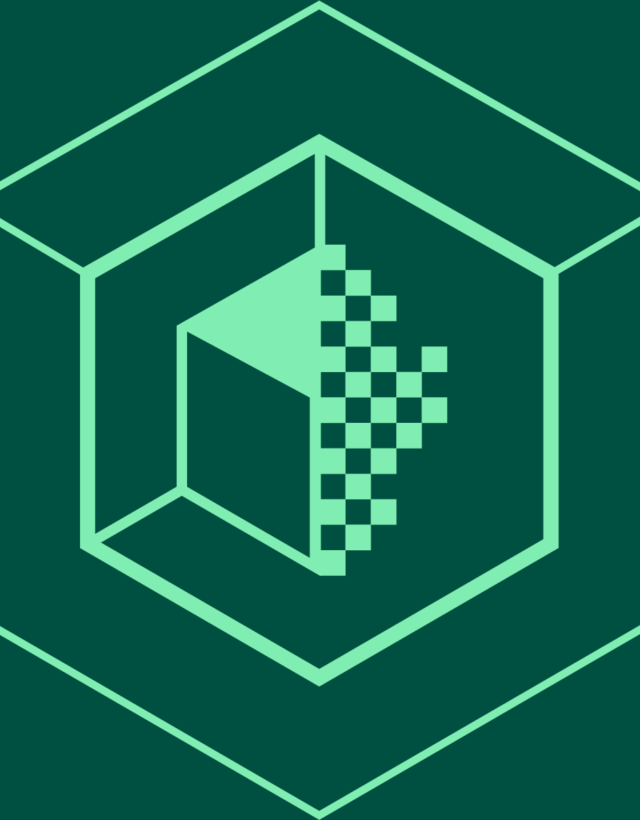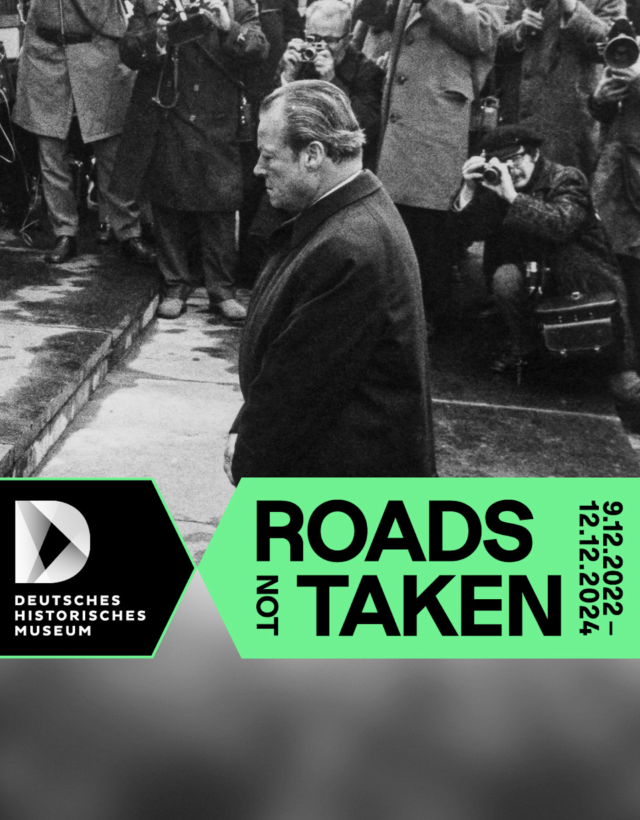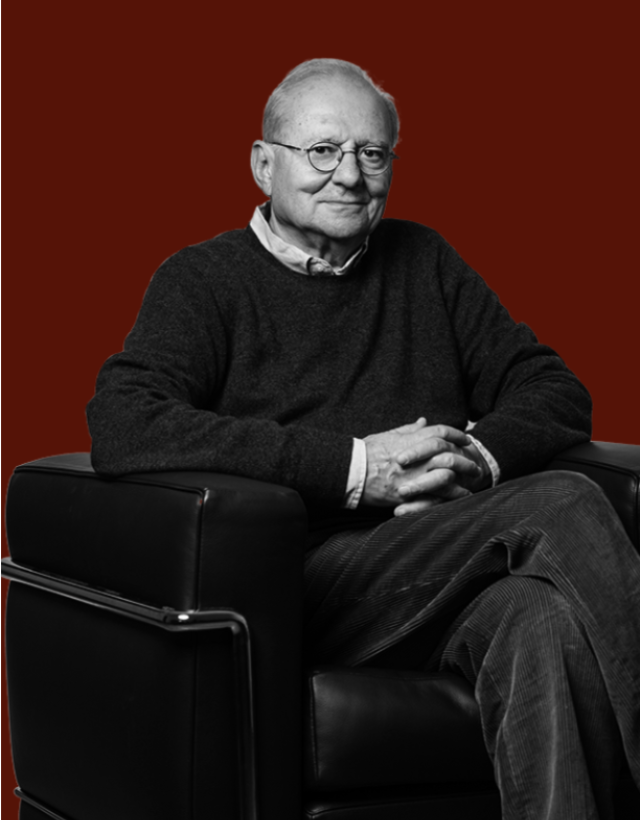
Bareez Majid holds a BA-degree in Literary Studies and an MA-degree in Middle Eastern Studies. These two fields converged in her doctoral research (successfully defended in May 2022 at Leiden University): employing an interdisciplinary approach, this research examined post-conflict memory cultures, with a specific focus on the post-Saddam Hussein era in the Kurdistan Region of Iraq.
In 2024, Majid’s first monograph will be published in Palgrave’s Cultural Heritage and Conflict series, entitled Towards an Understanding of Kurdistani Memory Culture: Apostrophic and Phantomic Approaches to a Violent Past. In 2022, she published the co-authored book Exploring Hartmut Rosa’s Concept of Resonance, which enriches German sociologist Hartmut Rosa’s influential notion of resonance with a postcolonial perspective.
Bareez's research was supported by the Dutch Research Council (NWO). Between 2021 and 2023, furthermore, she was a postdoctoral fellow at the Heidelberg Centre for Transcultural Studies at Heidelberg University in Germany, and a 4EU+ Fellow at the Institute of International Studies at Charles University in Prague.
Preserving Memories, Bridging Gaps: The Kurdish War and Memory Archive and its Transcultural Approach to the Postmemory of the Holocaust and Anfal
This project seeks to establish an innovative Kurdish digital archive dedicated to the post-memory of the anti-Kurdish genocidal violence, commonly known as Anfal, and the post-memory of the Holocaust. This archive will operate on a participatory basis, engaging local communities in its curation. Through the amassed data, the project aims to explore the potential of participatory digital archives within (post)conflict societies. Specifically, it intends to apply these insights to museum practices and strategies of reconciliation within these contexts.
This extensive research draws from a diverse range of methodologies and theoretical frameworks, spanning disciplines like Critical Theory and digital humanities, while employing both qualitative and quantitative approaches. Fundamentally, the project centers on a transcultural perspective, emphasizing the significance of intercultural dialogue among various memory cultures – Anfal on the one hand and the Holocaust on the other – marked by traumas and shaped by different histories. It aims to foster intercultural understanding without losing sight of the unique aspects inherent to historical and social contexts and conditions.


